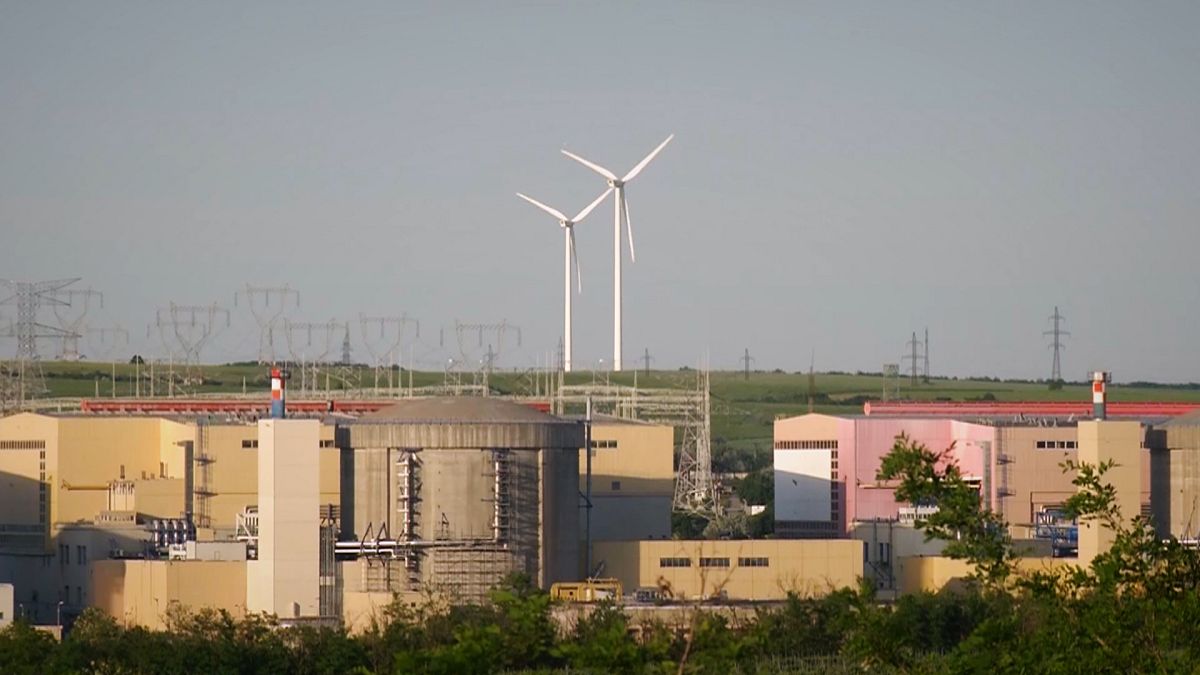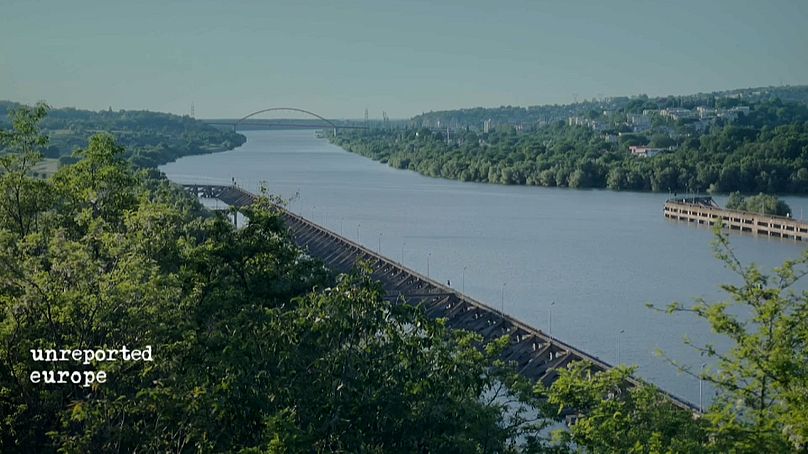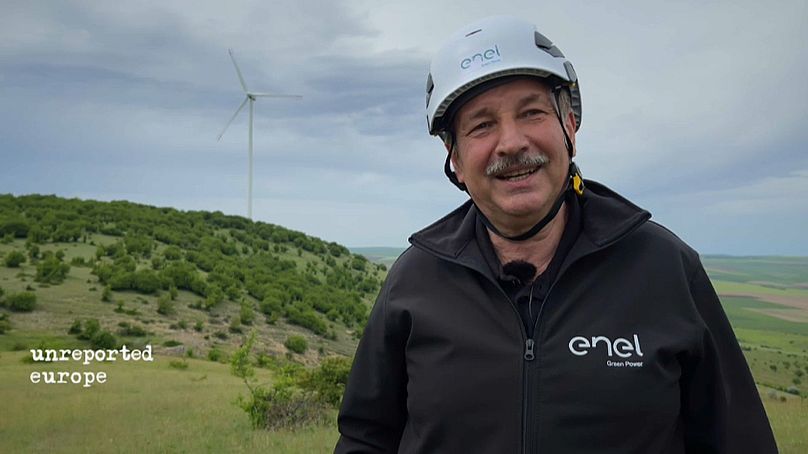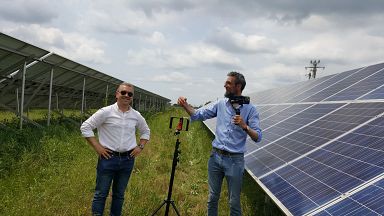Coal-burning countries like Romania will have difficulties reaching Europe’s climate targets. Could Romania’s energy mix become cleaner if it adds more nuclear energy? What role can nuclear power play in the European Union’s Green Deal?
Will there be a massive relaunch of nuclear energy in the European Union?
Member States like Poland, the Czech Republic, Slovakia, Hungary, Bulgaria and Romania have plans to invest heavily in nuclear energy. But Austrian and German officials argue nuclear energy is not a way out of the climate crisis. They insist renewables are the way forward.
What place does nuclear energy have in Europe's climate neutrality goals?
The nuclear debate in Romania
Coal-burning countries, like Romania, will have difficulties reaching Europe’s climate targets. Many are thinking that Romania’s energy mix could become cleaner if it adds more nuclear energy.
During Romania's communist era, two nuclear plants were built there. Both of them are located in Cernavoda, a small town on the Danube. These two plants use Canadian technology making them different to the ill-fated Soviet one in Chernobyl.
Romania now wants to build two more reactors there and upgrade the existing ones. That's an investment of around six billion euros, according to Teodor Chirica, the chairman of the board and former President of FORATOM, a Brussels-based pro-nuclear organisation.
However, the European Commission is shortly expected to label nuclear energy as green or not, thereby putting future investments into the industry in question.
How will Romania meet EU climate targets?
According to Teodor Chirica for the country to meet these requirements, they need to "develop renewable and continue the nuclear program".
"It is impossible to reach the targets without having nuclear", he adds. He believes that if current trends continue, the nuclear energy produced today that is between 18 to 20 per cent, will be 30 to 35 per cent by 2050.
In regards to whether nuclear energy should be labelled green or not, Chirica thinks that are two positions: a political-ideological one and a science-based one.
He believes that if people don't accept nuclear energy as a green one, then nuclear won't have the same access to financing as other competitors. That in turn will "affect the economic part" of the project to increase the nuclear plants' capacities.
The Anti-Nuclear movement
Lavinia Andrei is the President of Terra Mileniul III, a known figure within Romania’s still small anti-nuclear movement. She tells us that using public funds to invest in nuclear energy will have a negative impact on the development of renewables.
"If you allocate this money for nuclear power, that means that you disadvantage another sector, like renewables. The transport company of energy said that the capacity of the network is not enough for the nuclear power plant and for the renewables", she explains.
Climate change and nuclear energy
There is one other problem. Climate change means that rivers have less water, water which is needed to cool nuclear plants. Even the Danube has been affected by this. Cernavoda had to close down once already in summer and such scenarios could happen more often in the future.
Renewable energy options
In Agighiol, a village not too far from the nuclear plants, there are huge wind parks. One of them is owned by the Italian energy supplier ENEL.
Wind energy is another contender in the race to see who can grab some of Romania’s future energy mix. However, investment into power supplies depends on a stable legal framework in Romanian.
A few years ago, the government backed the development of renewables with green certificates. This scheme has now stopped and as such investors pulled out. Only a few big energy giants like ENEL stayed.
Sorin Zamfir is the maintenance supervisor at the ENEL wind park in Dobrogea. He says that "harnessing wind energy implies using a new, modern, high-end technology". He thinks it's "very important to bring this kind of new technology to the local community". It's something that he feels brings them closer to Europe, "putting them on the map".
ENEL tells us that for wind energy to fully develop, "the most important factor is the building of new transmission lines which are needed to bring the electricity from the wind/solar power plants to the customers". A problem at the moment is that "the development speed of wind projects is much higher compared to the development of new transmission lines" and that represents a huge challenge to renewable energies.
Room for development
There is no doubt that Romania’s wind energy potential is not yet fully exploited. Many more turbines could be installed. Sorin believes that wind parks could expand and produce all of Romania's energy needs.
Romania is also a sunny place, solar power could play a bigger role in the country's future energy mix. Andrei Bucur is an elected board member of Cooperativa de Energie, Romania’s first 100 percent green energy supplier. The small cooperative has ambitious plans.
Bucur points out that solar energy has huge potential in Romania. He sees the 1.5 million square meters of warehouse roofs as a perfect place for solar panel installation.
He also blames the underdevelopment of solar energy there on the lack of government support and poor grid connections.
"We could at least double the production of renewables in Romania", he exclaims.
Back in Cernavoda though, the shift supervisor, Costin Antonie, sees nuclear energy as the dominant force in the country. "The first element is nuclear, it's the base because it is always there when you need it. Then, there are renewables", he argues.
He wants more investment to be made in renewables but he thinks that when they are not available it's nuclear energy that saves the day.
The European Commission must stay neutral regarding the energy sources member states choose to use, but labelling nuclear green or not will have a huge impact on investment decisions for years to come.



